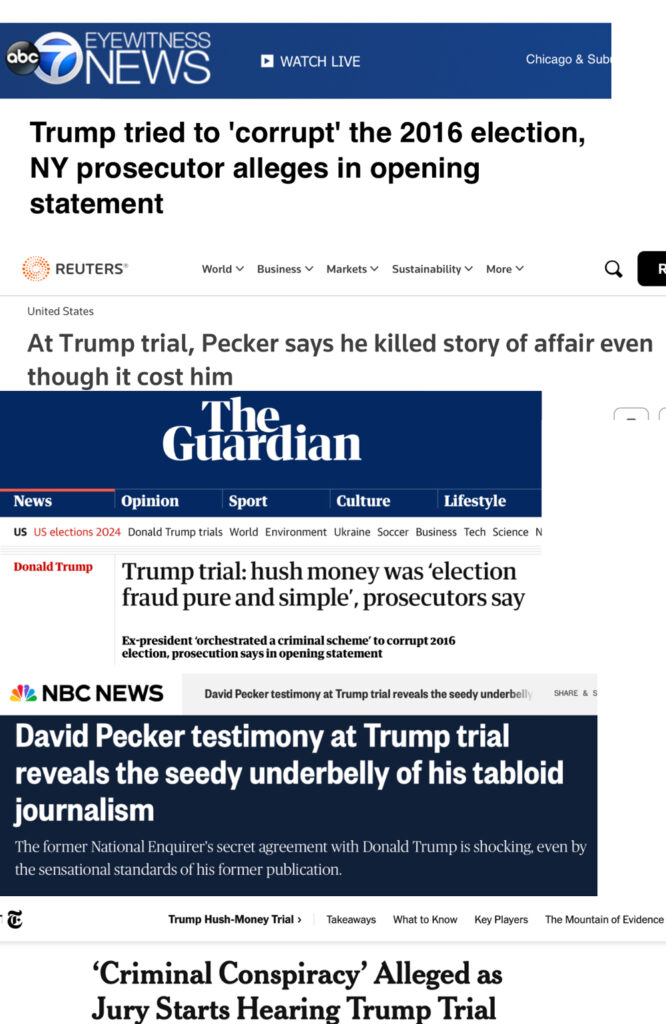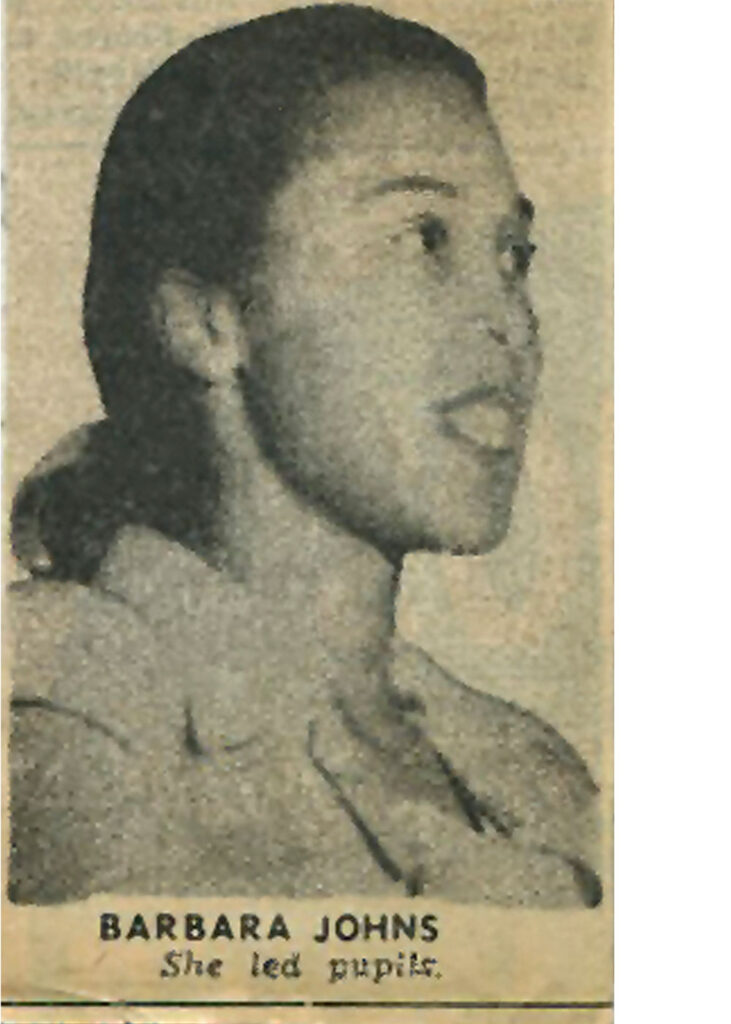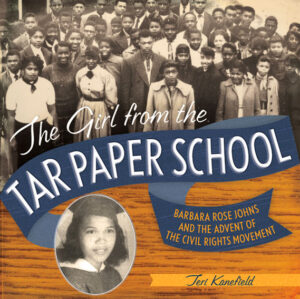*Published with the generous permission of Teri Kanefield. Read all of her writing here.
By Teri Kanefield
None of this is a prediction
Warning: I am about to poke holes in the prosecution’s case. The holes do not mean that Trump will be acquitted. Once a trial is underway, nobody knows how it will end. Anyone substituting their judgment for the jurors is wasting their time. If the people substituting their judgment for the jury have offered strong opinions about Trump in mainstream or social media, they wouldn’t be allowed to be on the jury anyway because the court would consider them biased.
If you are going to bet right now, the best bet is that Trump will be convicted because (1) most of the time criminal defendants lose, (2) this judge has already lost his patience with Trump’s lawyers (3) Trump is acting like a brat in court, and (4) out of court he is either violating court orders or coming so close that he is clearly thumbing his nose at the court and he has been using his platform to attack the judge and his family.
The Prosecution’s Theory of the Case (from the opening argument)
Remember from last week’s blog post that good advocates organize their cases around a theme or focal point called the theory of the case, which is basically a concise argument of why your side should prevail. A good theory of the case shows how the evidence supports (or rebuts) the elements of the crime.
Here is a summary of the prosecution’s opening statement (this is my summary of the transcript).
The prosecution opened by calling this a case about a criminal conspiracy and a criminal cover-up: The defendant, Donald Trump, orchestrated a criminal scheme to corrupt the 2016 presidential election and then he covered up the criminal conspiracy by lying in his New York business records. He falsified the records to cover his and others’ criminal conduct.
[Commentary: The prosecution here and elsewhere made clear they will prove a criminal conspiracy. Here are the elements of a conspiracy in the NY penal code:
A person is guilty of conspiracy when,
The prosecution described the conspiracy this way:
[My commentary:
The prosecution is not alleging this as a conspiracy to violate FECA (federal campaign reporting laws), or a conspiracy to violate tax laws, or a conspiracy to commit bank fraud. The prosecution is alleging a criminal conspiracy to “influence the election” by suppressing negative information about Trump and promoting negative information (lies) about his opponents.]
Here are the things the conspirators did as part of the conspiracy:
[Creating a shell company is not illegal. Shell companies are often used for illegal purposes, but simply creating and using one is not illegal.]
After the election, Trump didn’t care what people knew, so he released McDougal and Sajudin from their nondisclosure agreements.
Also after the election, Trump paid Cohen $420,000. Weisselberg and Cohen worked out the amount Cohen would be paid, and how he would be paid. Here is how they got to the number:
From the prosecution: Cohen submitted “phony” invoices, and Trump paid the invoices. The reason Cohen was paid so much more than $130 was to disguise the payment as income instead of reimbursement. “Cohen’s job, really, was to take care of problems for the defendant . . . He was even referred to as Trump’s ‘fixer.’”
The prosecution ended with these ringing words: “It was election fraud. Pure and simple.”
The Defense Theory of the Case (summarized from the defense opening argument)
The defense opened with, “Trump did not commit any crimes.” Cohen submitted legal invoices because he was listed in the company records as one of their lawyers. Trump paid the invoices. Trump had nothing to do with generating the invoice. If Cohen lied to a bank, that’s on him.
The defense claimed that the prosecution is trying to make this an election interference case. From the defense: “Spoiler alert: There is nothing wrong with trying to influence an election. It’s called democracy. People try to influence elections each time they campaign. Catch and kill is not election interference. Entering a non-disclosure agreement is perfectly legal. Executives do it all the time.”
Also from the defense: when Cohen was indicted for running a criminal taxi company, Trump “learned” that for years, Cohen was running a criminal business on the side.
[Remember the timeline: The catch-and-kill happened in 2016. Trump began repaying in 2017. In 2018, Cohen was busted for running a criminal taxi enterprise. He pleaded guilty to serious crimes concerning his taxi business and also pleaded guilty to the lesser crimes of 2 FECA campaign finance violations.]
The defense theory is that Cohen was angry when Trump became president and didn’t offer Cohen an administration job. When Cohen’s taxi business got busted, he was driven by bitterness and vowed to take Trump down with him. Since pleading guilty, he has been making bank with podcasts and books and TV appearances, selling Trump Hate to Trump Haters.
The defense said this: “12 hours ago, Mr. Cohen, on a public forum, said he had mental excitement about this trial and his testimony. He called Trump a ‘despicable human being’ and said he ‘wanted to see him in an orange jumpsuit.'”
[This was not a good thing for a witness to do. Announcing that his goal is to see Trump behind bars could undermine his credibility with a jury. Duh, right?]
Similarly, the defense said Stormy Daniels is angry with Trump because she wanted a part on The Apprentice.
[This is from a review of her tell-all book:
She continued to answer Trump’s many phone calls over the next year in hopes that he would make good on his promise to put her on his reality television show, The Apprentice. Trump even suggested that a cheat could be arranged to allow her to survive through more episodes of the show.
“We’ll figure out a way to get you the challenges beforehand,” she quotes him as saying. “And we can devise your technique.
“He was going to have me cheat, and it was 100 percent his idea.”
Whenever she saw Trump on television for years afterward, Daniels writes, an internal monologue would play out: “‘I had sex with that,’ I’d say to myself. Eech.”]
In other words, the defense theory is that Trump committed no crimes, and both Cohen and Daniels hated Trump for broken promises, and both are willing to lie to get back at him.
If the purpose of the conspiracy was to do something legal, there is no criminal conspiracy
If the purpose of the conspiracy was to corrupt the election through a catch-and-kill arrangement, and the catch-and-kill was legal, there is no criminal conspiracy.
Okay, Teri, even if the conspiracy wasn’t formed with an intent to commit a crime because catch-and-kill isn’t a crime, didn’t criming along the way turn it into a criminal conspiracy? After all, Cohen lied on bank records and Cohen and Pecker both admitted to campaign finance violations?
Hypothetical: Suppose five people conspire to go to the beach. Co-conspirator A doesn’t want her husband to know because he will spend the day doing yard work. She and her co-conspirators make plans and keep them secret. A neighbor finds out that Person A is conspiring to go to the beach and is about to tell co-conspirator A’s husband. Co-conspirator A offers the neighbor money and cookies to keep her from telling. They are about to go to the beach when co-conspirator B shows up in a nifty minivan big enough for all 6 people. She says, “Hop in! We can go to the beach in this minivan.” They hop in. After a lovely day at the beach, they go to great lengths to cover up their beach trip.
This was not a criminal conspiracy and criminal coverup because going to the beach is not a crime.
Now suppose that during the ride to the beach, Co-conspirator A suspects that Co-conspirator B stole the van. Later Co-conspirator B gets busted for auto theft.
The conspiracy to go to the beach is not transformed into a criminal conspiracy and coverup because of the car theft. The only person who has criminal liability for the car theft is the person who stole the car.
Always look closely at the elements of a crime because the prosecution has to prove each element beyond a reasonable doubt
Here are the elements of falsifying business records:
Notice that (2) has two parts. The false entry must be done with (1) an intent to defraud, and (2) the fraud must have been done to aid or conceal the commission of another crime.
The word “intent” is defined as a conscious objective or purpose. The “other crime” is the predicate crime.
What is the predicate crime?
Conspiracy to Promote or Prevent an Election (elements)
On Tuesday, the prosecution said the “primary crime” put forward as the predicate crime is ELN § 17-152: Conspiracy to promote or prevent an election. (Yes, he said “primary crime.” If the prosecution will also allege a “secondary crime” that has not been explicitly revealed.)
ELN § 17-152 makes it a misdemeanor when:
Notice that (3) requires “unlawful means.” That means that the predicate crime (conspiracy to prevent or promote an election) isn’t a crime by itself. It must also have a predicate crime.
The predicate crime needs a predicate crime. (Did that hurt your brain? Yeah, me too.)
Can the predicate crime for the predicate crime be the falsification of legal records?
Of course not because that will take us full circle. The crime itself becomes its own predicate crime, once removed.
Can’t the predicate crime for the predicate crime be tax fraud?
I don’t see how because ELN § 17-152 requires that the “unlawful means” be how the election was corrupted. The conspirators did not “promote or prevent the election of any person to public office” by cheating on taxes, which happened after the election.
Can the predicate crime for falsification of business records be tax fraud instead of ELN § 17-152.
Certainly, but then why is the proseuction spending all this time proving that Pecker, Cohen, and Trump entered a catch-and-kill arrangement, and why are they calling it election interference? Falsifying business records to hide a tax crime has nothing to do with election interference, particularly when the falsification and the tax crime both happened after the election.
Someone on Mastodon asked me this question:
Part of “catch and kill” is that the source of the story has received a representation from the National Enquirer that they are selling a story for publication. This is an intentionally deceptive misrepresentation, since the National Enquirer does not intend to publish the story. “Catch and kill” sure sounds like fraud. Perhaps Penal Law §190.65, first degree fraud (a felony) applies?
Nullum Crimen Sine Lege
You can’t have fun with criminal law if you don’t throw in a fancy Latin phrase. Nullum crimen sine lege is Latin for “no crime without law.”
The phrase reflects the principle that a person cannot or should not face criminal punishment except for an act that was criminalized by law before he or she performed the act. The law requires criminal acts to be publicized in unambiguous statutory text. If you want to read more click here.
In other words, the prosecution cannot come up with a clever theory to make something a crime if nobody had prior notice that the behavior was criminal.
This is important: Not everything immoral, shady, or unethical is a crime. Unless you violate a particular criminal statute, being a slimy icky immoral human being is not a crime.
A reader on Mastodon asked this:
Could slander/defamation come into play? Pecker’s testimony yesterday makes it plain that they knowingly made up false stories about other candidates.
Slander and defamation are not crimes. They are torts. If New York election law forbids “unlawful means” for promoting a candidate. If lying or making up stories is “unlawful means,” every person in New York who spreads a false story about a candidate for office is guilty of a crime.
What about Cohen’s shell company? Doesn’t that work for the predicate crime?
A shell company isn’t illegal. It is often used for illegal purposes, but by itself, it isn’t legal. If the shell company is used to make a payment in accordance with a catch-and-kill, it isn’t illegal. If the catch-and-kill had to do with keeping information from voters during the election, it still isn’t criminal.
Does the agreement that Pecker/AMI signed with DOJ establish that federal election law was violated?
No, in fact, the defense asked for (and will get) an instruction to the jury that Cohen and Pecker admitting guilt does not establish Trump’s guilt. First, multiple people can be involved in the same crime and have different levels of criminal liability. Second, these charges were never proven in court. They were admitted as part of a bargain with the prosecutor.
If Trump’s payment to Cohen violated the FECA (federal finance law), can’t that be the predicate crime?
It can, but then it has also nothing to do with election interference because the FECA violations happened after the election. Moreover, here is what election lawyer Rick Hassen says about the case:
Although the New York case gets packaged as election interference, failing to report a campaign payment is a small potatoes campaign-finance crime. Willfully not reporting expenses to cover up an affair isn’t “interfering” with an election along the lines of trying to get a secretary of state to falsify vote totals, or trying to get a state legislature to falsely declare there was fraud in the state and submit alternative slates of electors.
We can draw a fairly bright line between attempting to change vote totals to flip a presidential election and failing to disclose embarrassing information on a government form.
If every campaign finance disclosure violation is election interference, our system is rife with it.
Jed Shugerman, who is now a law professor at Boston College, points out that none of the relevant state or federal statutes refer to campaign finance filing violations as “fraud” or “election interference.” Moreover, “intent to defraud” has never been used to refer to deceiving the public.
Rick Hassen also posted a blog post announcing that Top New York Election Lawyers Cannot Recall Anyone Ever Prosecuted for the NY Election Law Being Used to Try to Turn Trump’s Hush Money Payments into a Felony.
This looks like a first. Jed argues that because this case is based on several novel theories that have never been tested or prosecuted, the entire case is prosecutorial overreach and abuse.
The prosecution’s theory of the case is a compelling story
The prosecution’s theory (so far) hasn’t presented a clear legal theory (which is why people are trying so hard to come up with one). But the prosecution is telling a compelling story. As evidence that the prosecution’s story is compelling, I will share an email that an angry person sent me after reading this blog post:
It’s ELECTION INTERFERENCE. A democracy’s sacred right. Don’t minimize the importance with tawdry terms. Say what it really is.
She didn’t like that I wrote a full blog post about the facts of the case and the relevant law without stating for a fact that Trump engaged in election fraud and therefore was undermining democracy’s sacred right. (She sent me the email because I have my comments turned off LOL.)
Someone posted this on social media:
Heard at the Trump trial about the 2016 election this week:
Prosecutor Joshua Steinglass: “Is that true, Mr. Pecker, was that your purpose in locking up the Karen McDougal story, to influence the election?”
David Pecker from the tabloid: “Yes.”
The American voters were deceived. And it now looks a lot like the prosecution has proved election interference, which is what elevates Trump’s camouflaging his payments from a misdemeanor to a felony.
In short: It is jail time!
See how compelling the prosecutor’s theory of the case is?
In mainstream/traditional news reporting, the reporters report what the prosecution says and what the defense says. The prosecution’s theory is thus generating headlines like these:

And now, to change the subject.
73 years ago, on April 23, 1951, in Farmville, VA, Barbara Johns led a walkout of her segregated high school to protest the unfair and deplorable conditions of her school.













